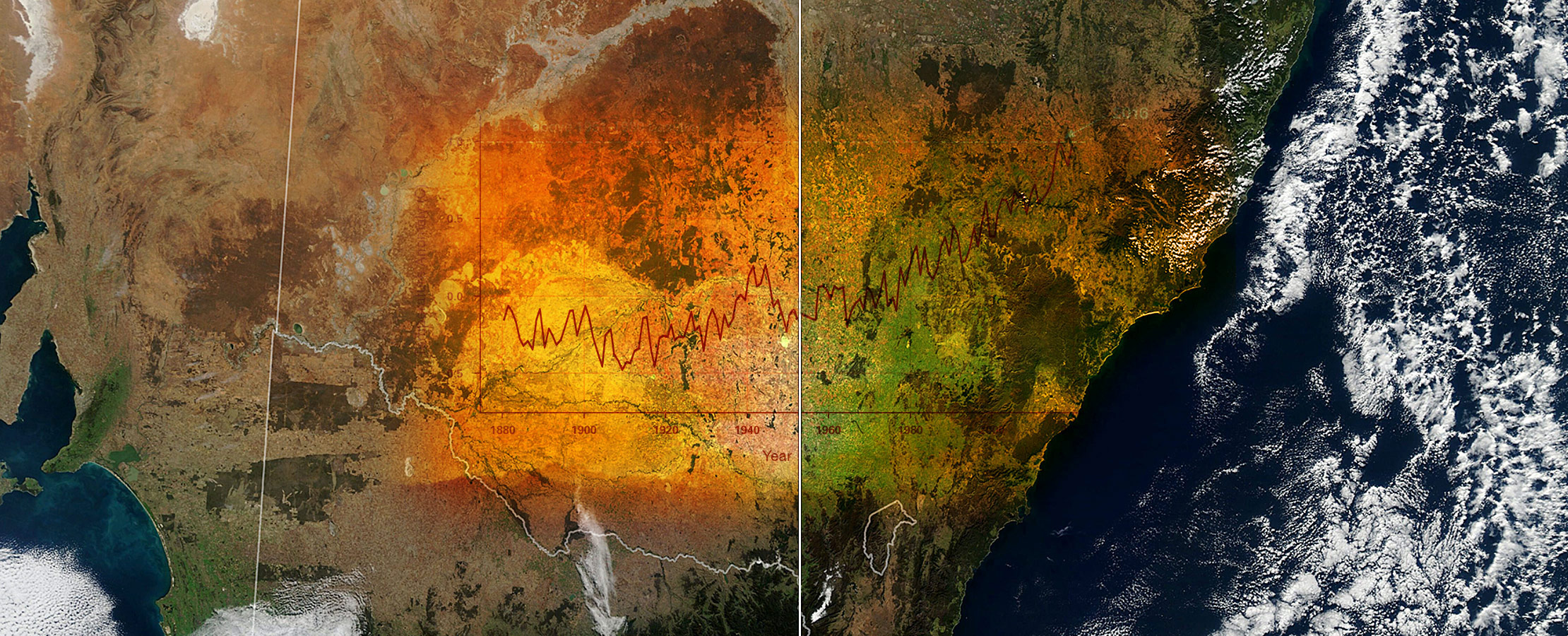IEF News Article
New Climate Momentum with Recent Asia Emission Reduction Goals
China, Japan, and the Republic of Korea – the three largest economies in East Asia – have pledged new ambitious goals to reduce emissions, signaling the region's determination to play a leading role in the global drive to prioritise action on climate change.
President Moon Jae-in announced in late October 2020 that South Korea had set a goal of achieving net-zero emissions by 2050. Moon said South Korea will invest 8 trillion won (USD7.1 billion) in "green new deal" projects to achieve its pledge.
South Korea will "replace coal power with renewable energy and create a new market, industry and jobs," said Moon during his announcement, which is in line with a plan advanced by his party before South Korea's April 2020 elections.
South Korea was the third of the three countries to announce its commitment to reduce emissions. A few days before its announcement, Japanese Prime Minister Yoshihide Suga, in his first policy speech to the Diet after taking office, declared Japan will endeavor to reach net-zero emissions by 2050.
"Responding to climate change is no longer a constraint on economic growth. I declare we will aim to realize a decarbonized society," said Suga, noting that the country will focus on innovations in new solar cells and carbon recycling to reach its goal.
South Korea and Japan are following the same timeline established by the European Union: reaching net-zero carbon emissions by 2050. Stephane Dujarric, spokesman for UN Secretary-General Antonio Guterres, told Reuters that the UN looks forward to seeing tangible policy measures to assist the three countries in reaching their goals.
"This includes the Republic of Korea submitting in time for COP 26 a revised 2030 Nationally Determined Contribution, which is more ambitious and consistent with its new commitment to carbon neutrality by 2050," Dujarric said.
In a speech to the United Nations' general assembly in September 2020, President Xi Jinping was the first of the three to make the climate pledge. He announced that China would work to significantly reduce carbon dioxide emissions before 2030, and he vowed to achieve carbon neutrality by 2060.
"China will scale up its Intended Nationally Determined Contributions by adopting more vigorous policies and measures," Xi said. "We call on all countries to pursue innovative, coordinated, green, and open development for all."
While China is the biggest contributor to global-warming gases, but it also is the world leader in renewable energy. Many believe Xi's pledge will be a key component of China's 14th Five-Year Plan, the nation's policy blueprint for 2021 to 2025. It is currently being drafted and will likely be approved in March 2021.






